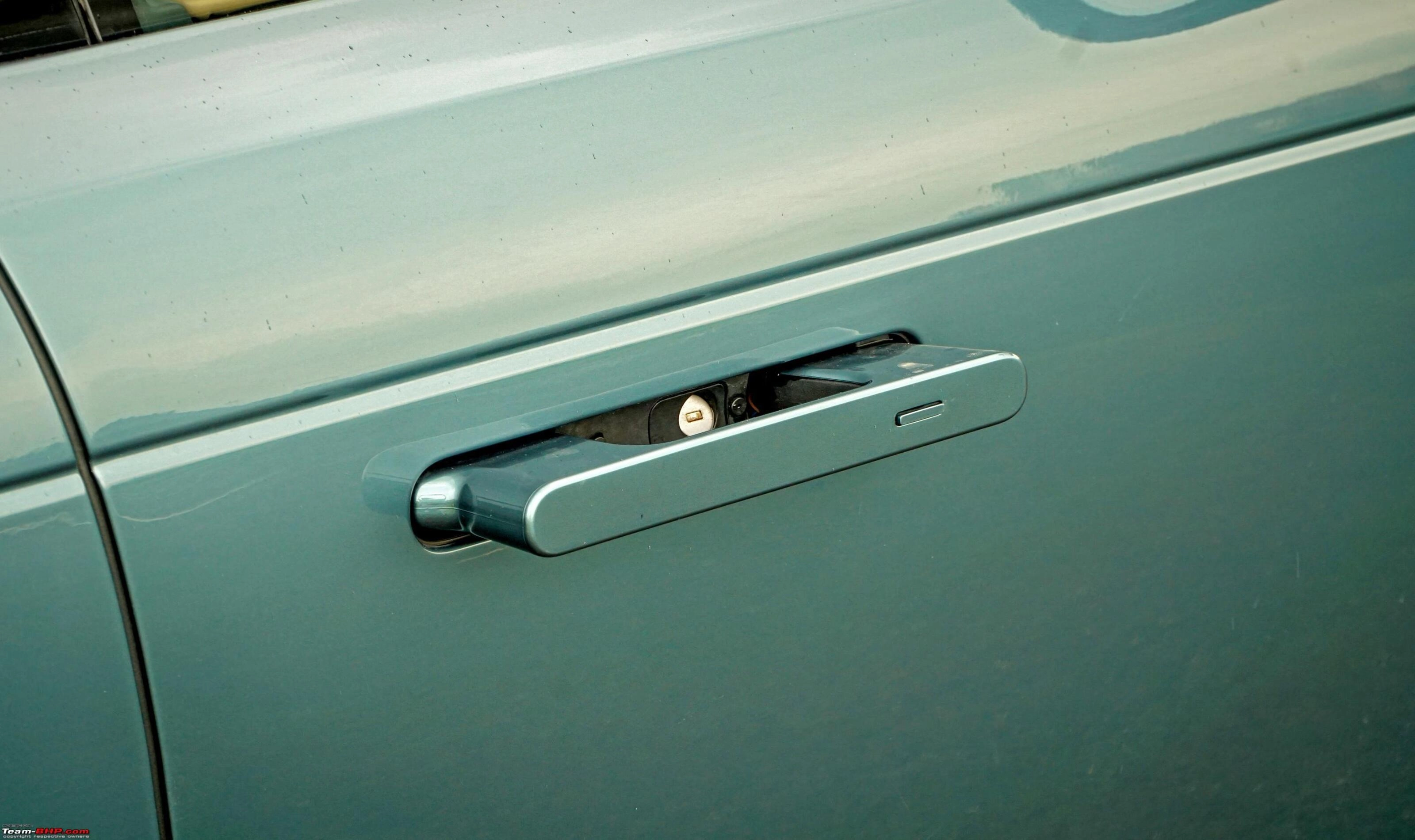The Swedish automaker, now under Chinese ownership, was among the first to declare an all-electric future by 2040. Now, this vision has become a reality with the phasing out of diesel engines. Volvo proudly announced this move at NYC Climate Week last September, and last month marked the arrival of this significant event.
A Look Back: Volvo's Diesel Journey
Volvo's first foray into diesel didn't arrive until 1979. The Volvo 244 GL D6, powered by a Volkswagen Audi-made six-cylinder engine, challenged perceptions of diesel ownership. It brought diesel technology to the mainstream, previously favored by taxi drivers and long-distance haulers.
Twenty-two years later, in 2001, Volvo introduced its first in-house diesel engine, a five-cylinder powerhouse that proved successful for the brand. Notably, this engine transcended car production, finding applications in racing and marine applications as well.
Fast forward to 2008, the marque unveiled its first small-capacity diesel engine, the 1.6-liter Drive E. This innovation breathed life into many smaller cars in Volvo's lineup at the time. The small diesel gained popularity due to its impressive efficiency and reduced emissions.
In 2012, Volvo achieved a remarkable feat: the Volvo V60 D6 plug-in hybrid, the world's first hybrid diesel. This is particularly noteworthy considering the rarity of diesel hybrids in the industry even today. The electric power alone could deliver a 50km range and add 70hp to the 215hp produced by the diesel engine. Despite its size and technology, the SUV managed a 0-100kmph sprint in just 6.2 seconds.
The very next year, Volvo introduced its second independently developed diesel engine. This engine boasted advancements in efficiency, power output, and emissions reduction. The "Volvo Engine Architecture," first introduced in the 2013 XC90, powered vehicles until the final V60 and XC90 rolled off the production line.
This 45-year legacy of diesel expertise culminated in the Ghent, Belgium plant and the Torslanda, Sweden plant producing their last V60 and XC90 models, respectively. This decision marks a bold step for a brand with Volvo's 97-year history in car manufacturing. The final Volvo XC90, finished in blue, will be placed in the Gothenburg museum, a lasting testament to Volvo's diesel era for future generations.





.webp)
.jpg)